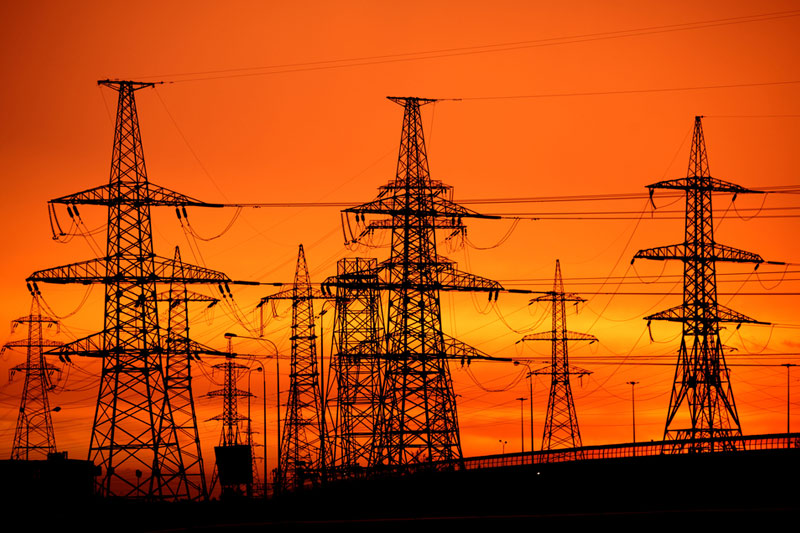Gold prices rise from 2-wk low with focus on Russia-Ukraine, Jackson Hole
By Michael Elkins
Just a week after approving a plan to ban the sale of new gasoline cars, California asked electric vehicle owners this week to limit when they plugged in to charge.
The California Independent System Operator, which manages the state’s power grid, sent a Flex Alert asking all residents to voluntarily reduce their electricity use between 4 p.m. and 9 p.m. on Wednesday and Thursday and warned that more alerts were possible through the Labor Day weekend.
The alert was sent out as temperatures are expected to reach triple digits in many parts of the state. High temperatures push up the demand for energy as people turn up their air-conditioners.
Extreme heat has affected electric vehicle drivers in the past. Last month, a heat wave in China caused trouble for drivers, while a Texas heat wave in July had Tesla (NASDAQ:TSLA) asking customers to avoid charging their cars at peak times.
The restrictions were met with ridicule from conservative media, Republicans and advocates for the coal and gas industries. People who have opposed efforts to reduce carbon emissions and regularly speak out against clean energy initiatives.
“This from the same state that’s going to force everyone to buy electric cars by 2035,” Representative Steve Scalise of Louisiana, the House minority whip, said on Twitter. “This is what Democrat control looks like — and they want it nationwide. What a joke.”
A spokeswoman for the governor, Erin Mellon, said that the request to avoid charging electrical vehicles has been misrepresented by critics of California’s efforts to curb emissions.
“We’re not saying don’t charge them,” she said. “We’re just saying don’t charge them between 4 p.m. and 9 p.m.”
Experts like Elaine Borseth, the president of the Electric Vehicle Association, an advocacy group, acknowledge the challenges posed by moving to more electric vehicles. Part of the challenge involves updating an extremely outdated electrical grid to handle to extra load. But they said it was laughable to call a few hours of voluntary charging limits a sign of failure.
“Nobody charges during those times anyway,” said Borseth “It costs more.”
Borseth said that when she’s charging her own vehicle in off-peak hours, she usually pays about 24 cents per kilowatt. The same charge could cost her more than 50 cents per kW during the peak window, she said. “That’s the biggest incentive.”
The current heat wave that led to the Flex Alert is part of a pattern linked by scientists to climate change. Periods of extreme heat are becoming more frequent, hotter, and longer lasting than in previous decades. Over the next several days, the prolonged and possibly record heat wave will build across the Western U.S., and temperatures will remain high at night, according to the National Weather Service.
In a news conference Wednesday, Governor Newsom said that heat waves had “never been more challenging.”
“We have been trying to outrun Mother Nature,” Mr. Newsom added. “But it’s pretty clear that Mother Nature has outrun us.”
